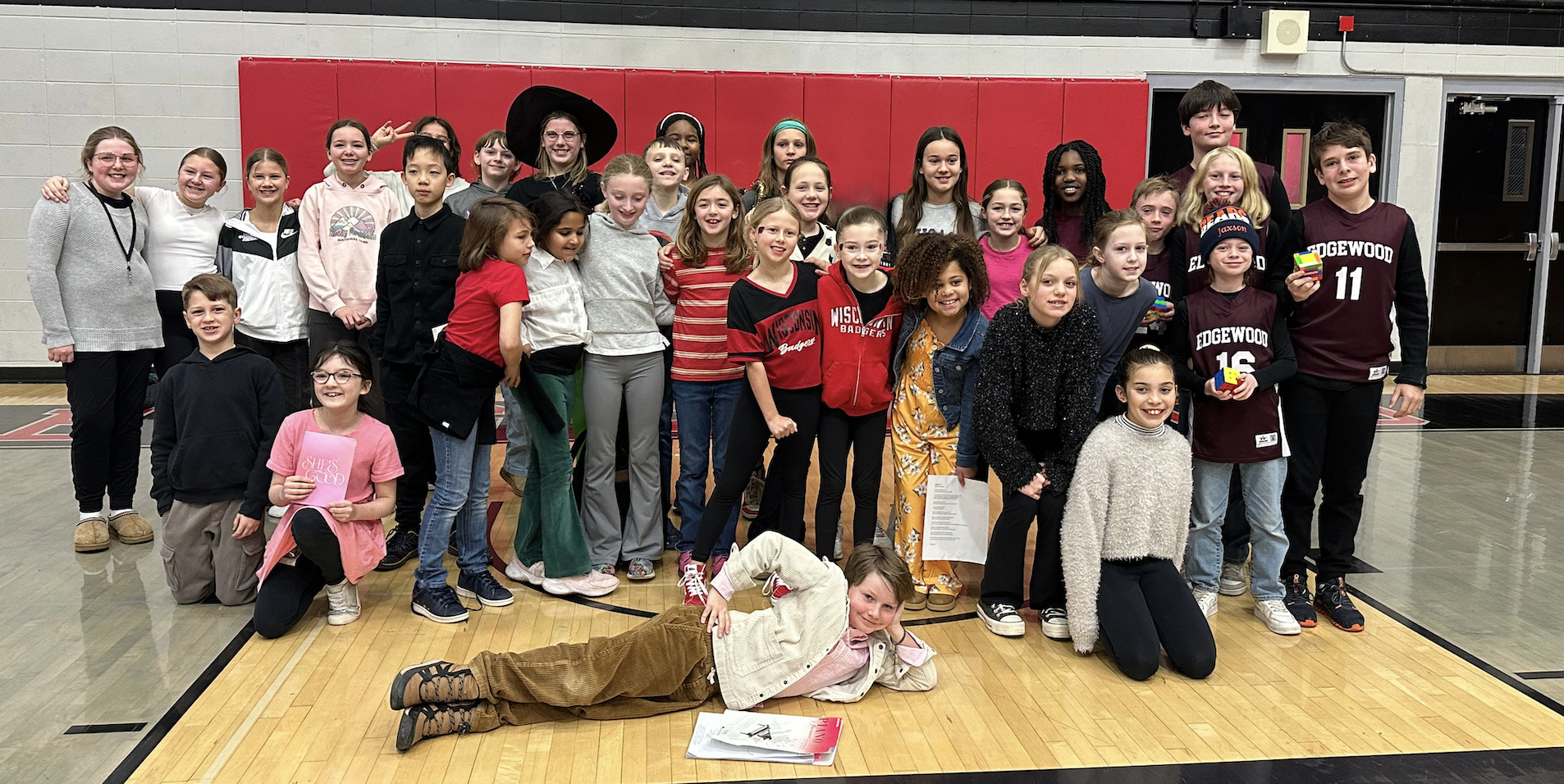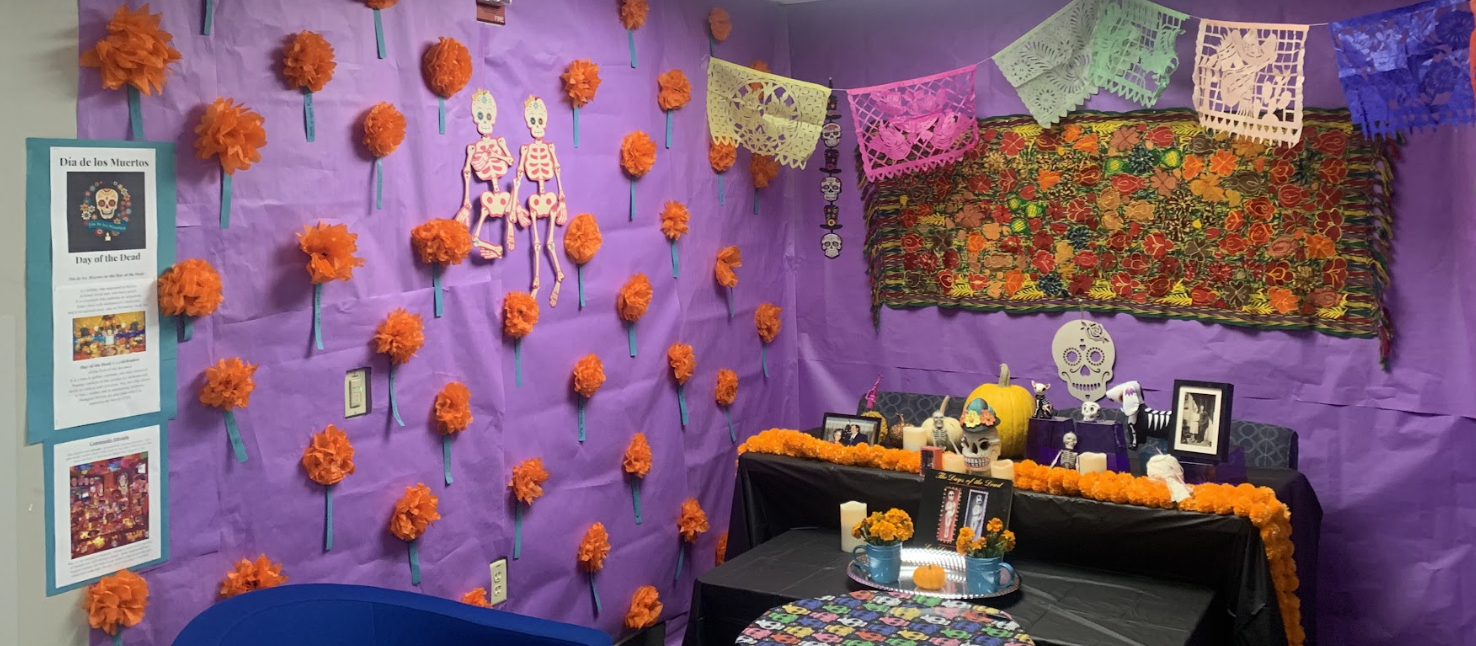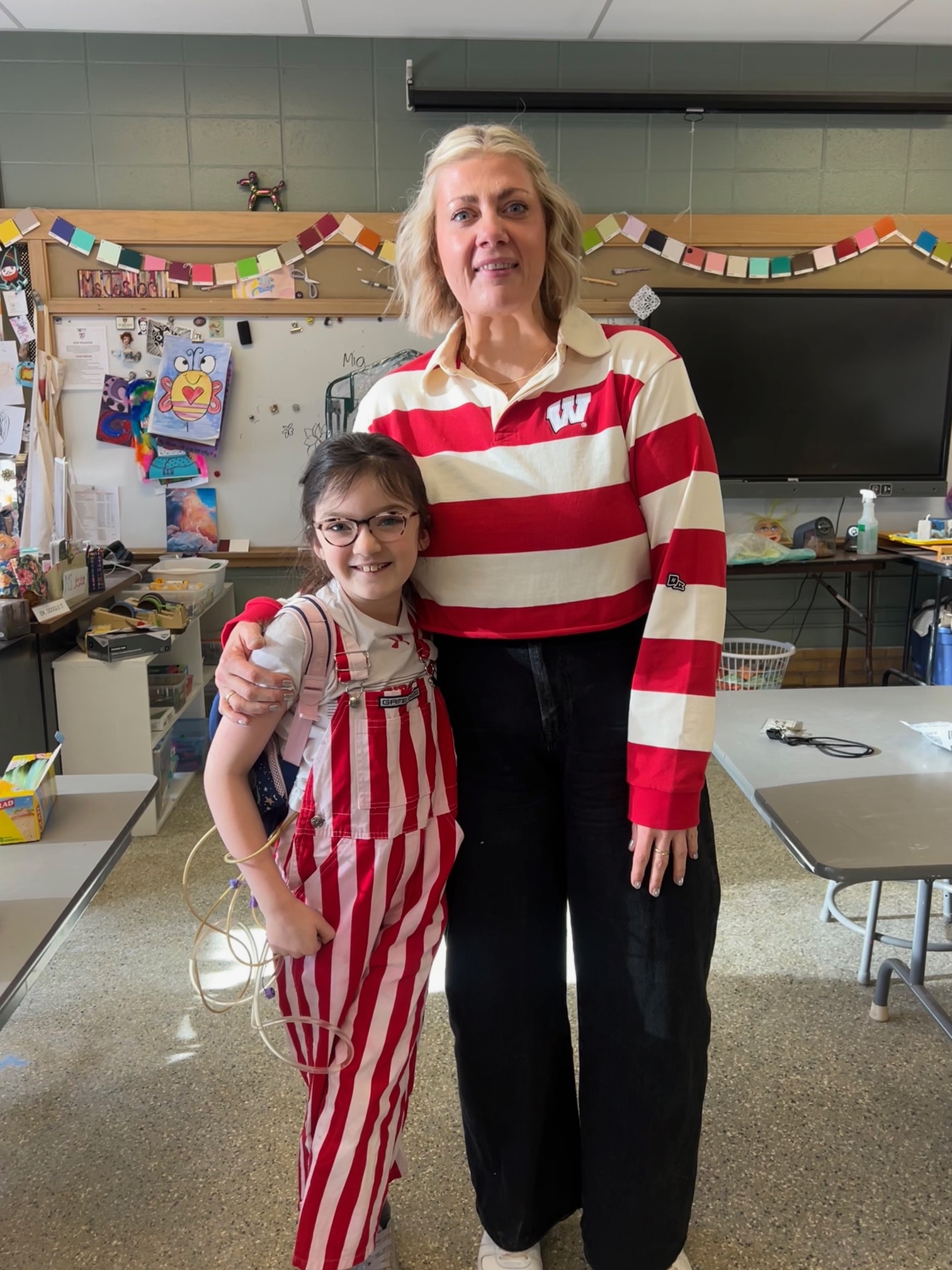SPECIAL ACADEMIC SUBJECTS
ART EDUCATION
The visual arts are an essential part of every child's education at Edgewood Campus School. We have designed our program to teach artistic concepts and develop skills using a comprehensive approach that takes advantage of art's special power to educate and inspire each child.
Our program is a disciplined-based art education program similar to that promoted by the Getty Institute for the Arts. Through the mediums of drawing, painting, sculpture, printmaking, ceramics, fibers, and paper, we focus on art production, art criticism, art history, and aesthetics. We introduce western and non-western, ancient, and contemporary art into projects that allow room for personal discovery and creativity.
COMPUTER & TECHNOLOGY EDUCATION
All students from four-year-old kindergarten through grade eight take information technology and computer science classes. All grades and students have one-to one devices.
Children in grades 4K-1st are using various school apps to reinforce classroom curriculum, create original works, participate in school testing, and learning to use school provided platforms to complete practice activities and classroom work. In the early grades, technology use is limited to programs that enhance practice and learning success. K4-5 students have access to one-to-one technology that is housed at school. Grades 6-8 have Chromebooks that travel from home to school with them each day.
Starting at 2nd grade, students experience keyboarding instruction. They learn to search for and gather information and learning to use Google Apps for Meets, work on completion and creation and communicating with the teachers. Early coding skills are also taught starting at 2nd grade. All students receive instruction on digital citizenship. Grades 3 through 8 use Google Classroom as an instructional platform.
Students in grades six through eight receive a school-owned Chromebook that they take home and bring to school. Grades four through eight use Google apps for education and other various technologies to learn digital citizenship, pre-coding and coding skills, digital research, and to create multimedia.
GENERAL MUSIC
All students at Edgewood Campus School participate in our engaging music program. Our students participate in a wide variety of musical activities, including singing, playing instruments, composing, improvising, and creative movement, all while developing strong and sequenced musicianship skills. We introduce students to a variety of topics including music theory, music history, music appreciation, composition, aesthetic awareness, careers in music, and the role of music in everyday life.
GUIDANCE
Our guidance curriculum is based on the Second Step Social-Emotional Learning (SEL) program to students in grades 4K–8. The Second Step Program is a universal classroom-based program designed to increase students' success and decrease behavior problems by promoting social emotional competence and self-discipline. It teaches skills that strengthen students' ability to learn, have empathy, manage emotions, develop positive relationships, make responsible decisions, and solve problems. Equipping students with Second Step skills creates a safer, more respectful learning environment that promotes school success for all.
LIBRARY
Our library curriculum supports the language arts goals of learning how to acquire, evaluate, and share information. We work to assist in the development of communication skills while providing connectedness through all areas of study. Instruction includes the organization and care of library materials, evaluating selected information, exploration of the variety of literature, and an appreciation for the authors and illustrators. The students are encouraged to meet appropriate standards of class participation, behavior (listening, sharing, and respect for library materials), and application of library skills. These skills include identifying the type of needed resource or genre, locating materials, using book parts to gather information, and the evaluation and sharing of the selected information.
PHYSICAL EDUCATION
Our physical education program emphasizes participation, fun, and cooperation. During the early grades we focus on motor development and enhancing endurance, strength, and flexibility. The primary components of the curriculum include cooperative games, motor skill exercises, ball handling skills, and movement.
Our main objectives at the intermediate level include motor and specific skill development. We lead up to more complex games where strategy and rules are taught. We also stress sportsmanship, teamwork, and cooperation.
For our middle school students we target participation as games and activities become more high level and competitive. Our goal is to foster the enjoyment of activity and sports. To “do your best” is our aim, as students channel the competitive drive into self -improvement and achieving their personal best.
SPANISH
The goal of the lower building Spanish curriculum is to introduce the students to a second language through repetition, conversation, reading, writing, games, and songs. Students are taught to speak, listen, and understand language used in everyday conversation.
Our Spanish curriculum is designed to increase awareness of the Hispanic culture through positive experiences with the culture and people. As the students advance in their Spanish language acumen, the curriculum advances. Students start with the basics, and then work up to full conversations through more intense grammar and verb work, while still engaging in the joy of language acquisition. In middle school, the goal is that our students’ understand the complexity of the verbal and written context of language, so that they can both speak and read Spanish.



